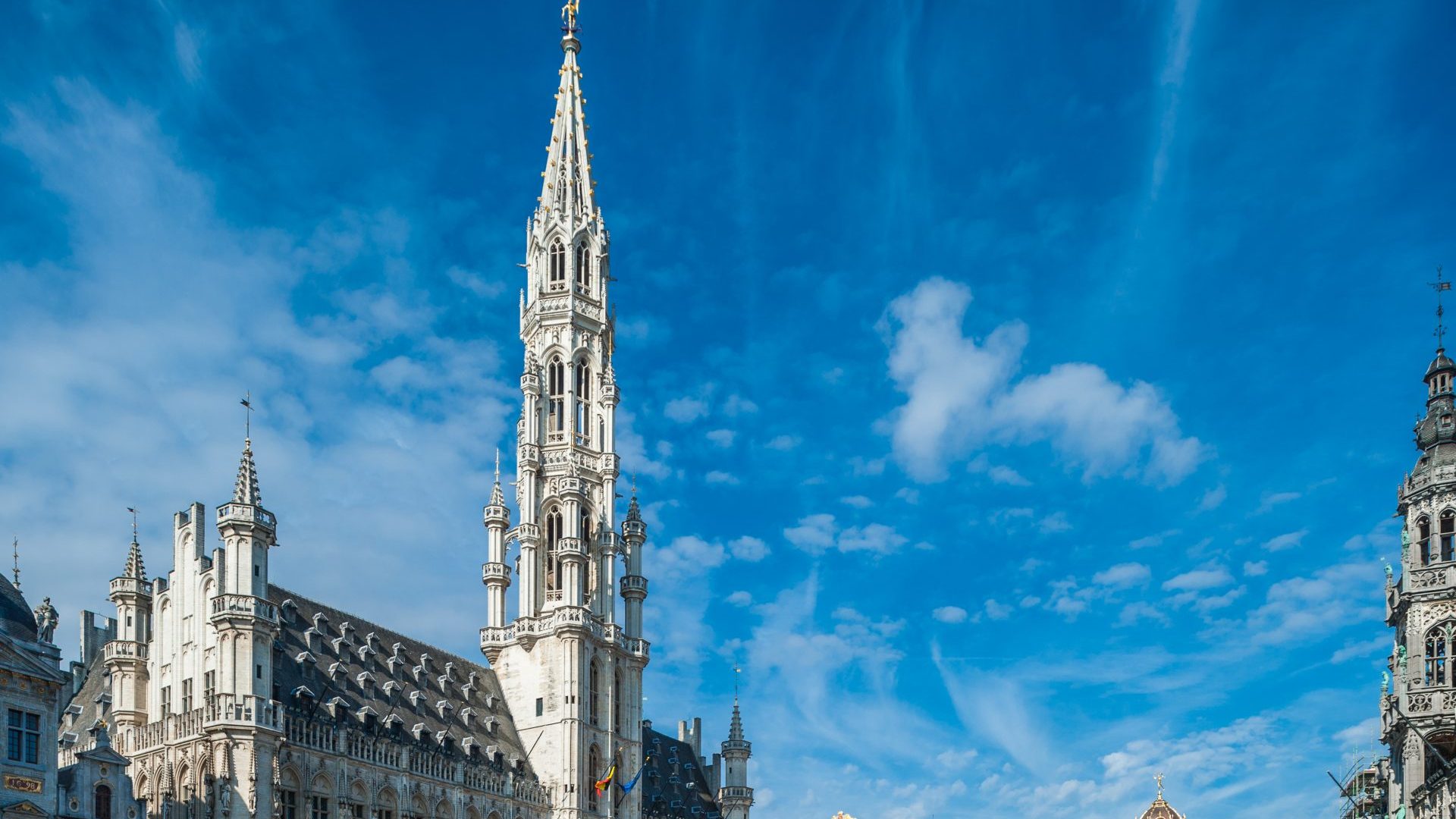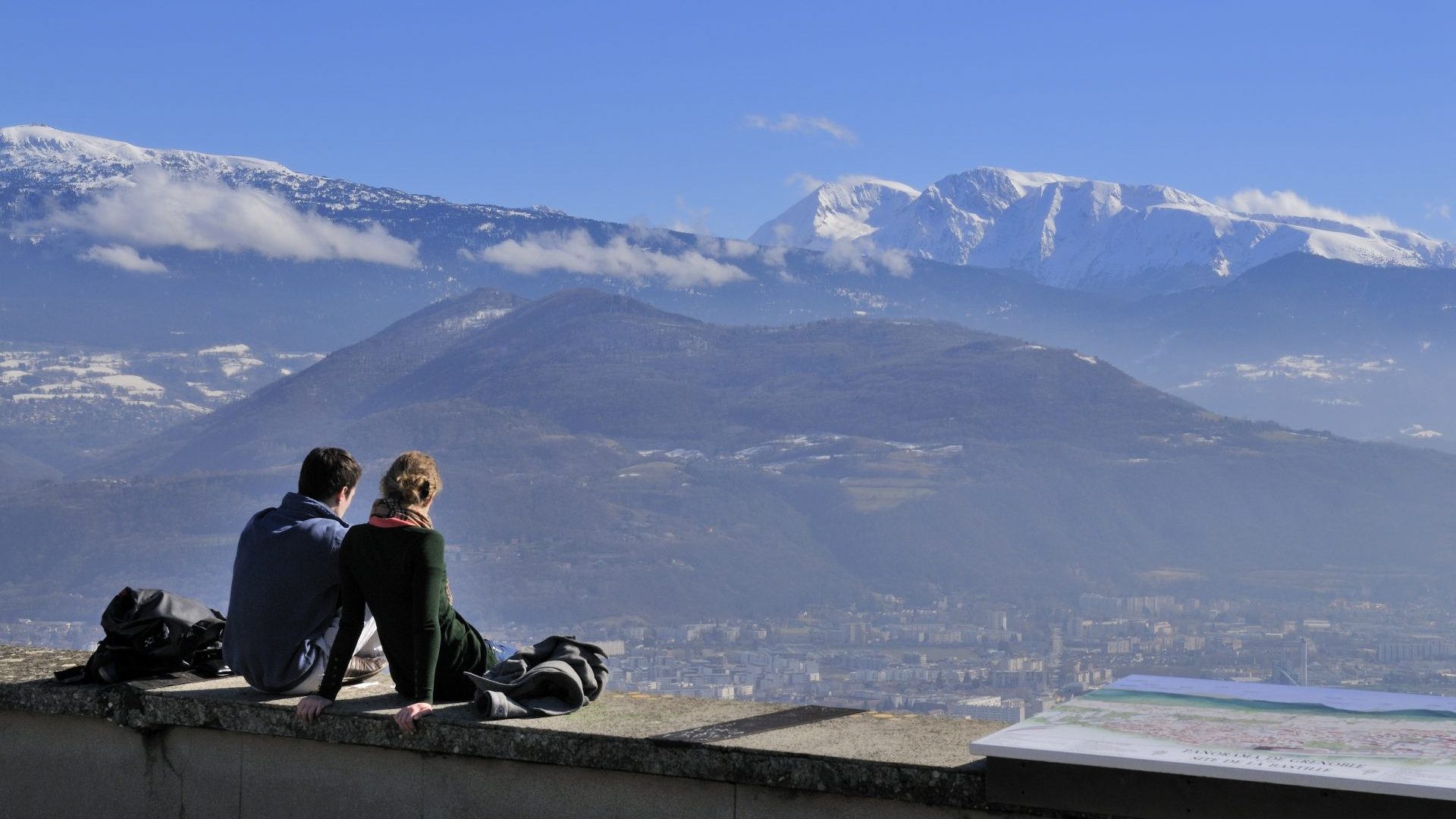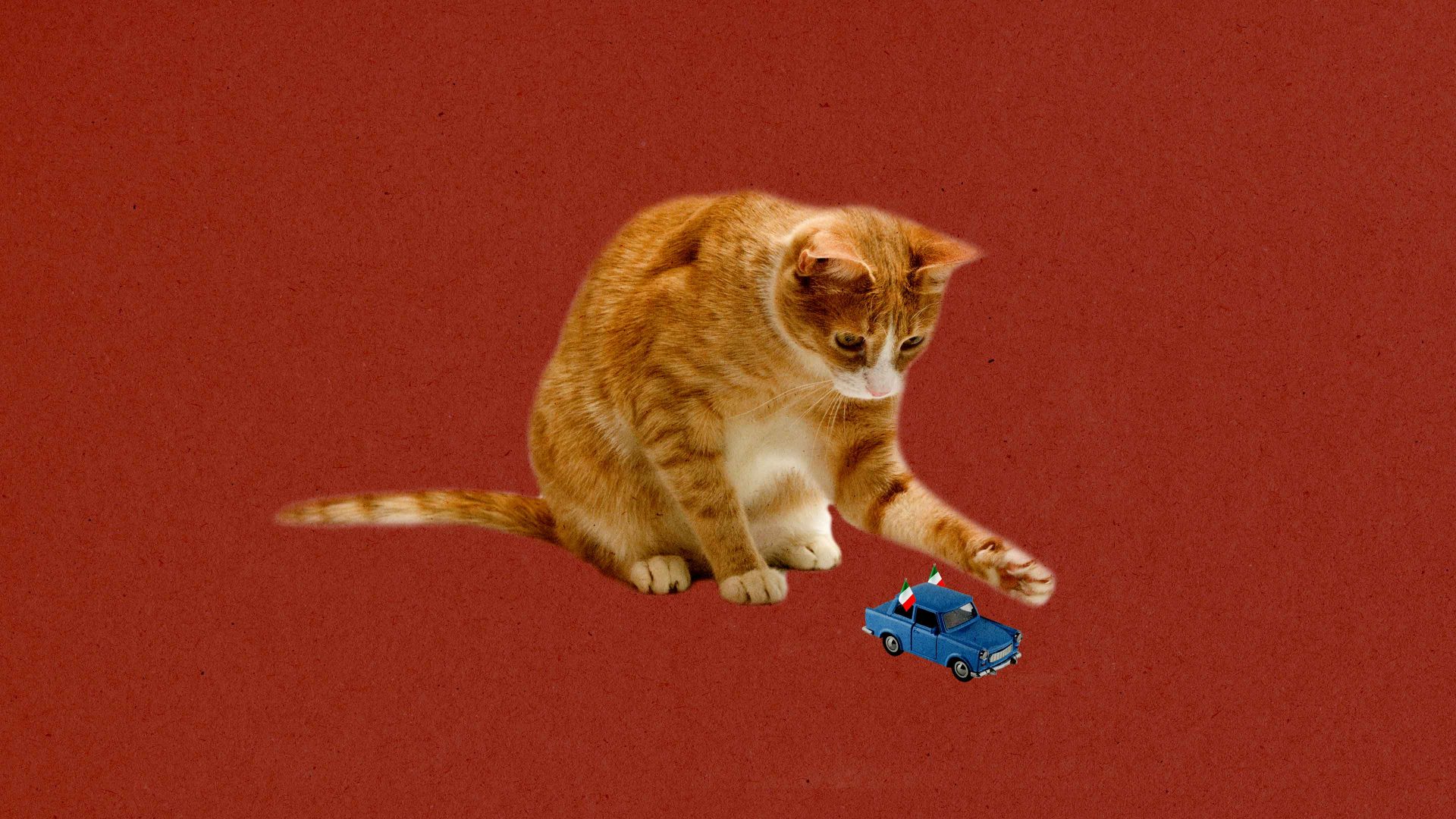If you have the good fortune to live in Brussels 1000, which includes the upmarket shopping street Avenue Louise, the city centre and much of the EU zone, then you have the right to get married in the city’s wonderful 15th-century town hall. It’s in the Grand Place, which might have a claim to be the most magnificent square in Europe.
The EU zone contains not just the European institutions – the parliament, the commission and the rest – but also the homes of many of the people who work in those institutions, so many of those who keep the wheels of Eurocracy turning get hitched in the town hall.
Which is why I found myself there for the wedding of my Belgian friend Axelle to my Hungarian friend Endre, and it’s a whole lot more exciting than getting married in a London register office.
On this sunny spring Saturday morning, they were turning over weddings as fast as they could, and we had to wait for a while outside in the famous square, gazing around at the wonderfully opulent baroque guildhalls and the gothic Brussels City Museum as well as the flamboyant town hall itself, the last remaining medieval building in the square.
Axelle and Endre almost didn’t make it. There was a blockage on the street – apparently a barrier had gone down automatically as their car approached, even though they had a pass for that day. After manoeuvring desperately down one-way streets, they got out of the car and ran – Axelle in her splendid white wedding gown and red jacket, Endre in red waistcoat and heavily embroidered jacket.
The 150 or so guests at the previous wedding came out, and the two elderly and elaborately courteous guards at the entrance – the hallebardiers in red waistcoats, green coats, breeches and shovel hats – ushered us into the interior courtyard, where we stood on a vast star in the floor that indicates the exact geographical centre of Brussels. Then they guided us into the building, up a flight of stairs, past a group of tourists whom one of their colleagues was showing around, and into the Salle Gothique.
The Salle Gothique is long and high and narrow and imposing, with wooden floors, and statues of priests and warriors all around the walls. At one end there are tapestries of young men with doublets and swords, and old men with cloaks and books.
We waited on one side of the room while yet another wedding finished and the brightly attired guests, many of whom had travelled from the Congo to attend the celebrations, walked out on the other side of the room. Then we were admitted to the Salle de Mariage.
Axelle and Endre sat on a dais with their backs to us. Opposite them, at a long table, sat the registrar, wearing a black and yellow sash, with Axelle’s parents to one side of her and Endre’s to the other. To the sounds of Edith Piaf, Axelle and Endre put rings on each other’s fingers.
One of the hallebardiers showed them to the balcony overlooking the Grand Place, where they had the best view in Brussels. The hallebardier jokingly suggested they should copy the famous wave of Belgian royals Philippe and Mathilde two decades ago, and they did before realising that a lot of people on the square below were taking pictures of them.
The party that evening could not hope to compete for opulence, and it didn’t try. It was pure fun. The newly wedded couple amused us with a self-deprecating account of their courtship, good food and wine were eaten and drunk, and Endre danced until you were sure he must drop, pausing briefly to offer us all a Hungarian drink called Palinka, colourless and 65% proof.
But what made it refreshing, for someone from the increasingly insular British capital, was the way it reflected the international nature of Brussels. I felt – as I often do on my visits to Brussels (my son is one of the few Brits left there) – a wave of regret for the easy international camaraderie from which we are now excluded, by our own choice.
Axelle and Endre are in their 30s and work for the Commission, and at their party I met Germans, Italians, Spanish, Irish, Swedes, Maltese – pretty well every European nationality – except British. We are no longer so numerous in Brussels.
Francis Beckett is an English author, journalist and biographer



